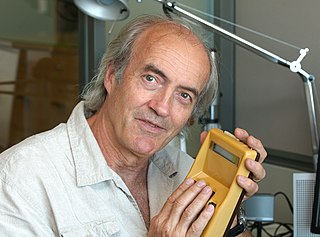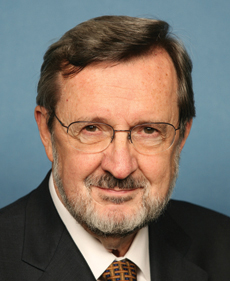A Quote by Bill McKibben
Winning slowly is another way of losing. Americans are screwing up our health care system again right now. That's going to cause grave trouble for people over the next five, 10 years. There are going to be lots of people who die, lots of people who are sick. It's going to be horrible. But 10 years from now it will not be harder to solve the problem because you ignored it for those 10 years. With climate change, that's not true. As each year passes, we move past certain physical tipping points that make it impossible to recover large parts of the world that we have known.
Quote Topics
Again
Another
Another Way
Because
Care
Cause
Certain
Change
Climate
Climate Change
Die
Each
Each Year
Five
Going
Grave
Harder
Health
Health Care
Health Care System
Horrible
Ignored
Impossible
Known
Large
Large Part
Losing
Lots
Make
Move
Next
Now
Our
Over
Parts
Passes
Past
People
Physical
Points
Problem
Recover
Right
Right Now
Sick
Slowly
Solve
System
Those
Tipping
Tipping Point
Trouble
True
Up
Way
Will
Winning
World
Year
Years
Related Quotes
We don't have great answers to what jobs will look like in 10, 20, 30 years. And I think it's right for people to have some anxiety in a world where driverless cars are going to take over. Like, how are you going - it's gotten really, how are you going to have a job in 10 years, and how are your kids going to have a job in 10 years, if you haven't gone to college or had a lot of hand-ups in the system, basically.
Without investments in research and science that will create the next Apple, create the next new innovation that will sell products around the world, we will lose. If we're not training engineers to make sure that they are equipped here in this country, then companies won't come here. Those investments are what's going to help to make sure that we continue to lead this world economy not just next year, but 10 years from now, 50 years from now, a hundred years from now.
Right now, as I've gotten older, my tics sustain for five or ten years. So, I can deal with them on a daily basis; I know how it affects my body. But when you're 10 years old, and every three months a tic comes along, it's daunting because you don't know what the next one is going to look like, what it's going to feel like.
[Facebook] is shaping a broader web. If you look back for the past five or seven years, the story about social networking has really been about getting people connected... But if you look forward for the next five years, I think that the story people are going to remember five years from now isn't how this one site was built; it is how every single service that you use is now going to be better with your friends.





































